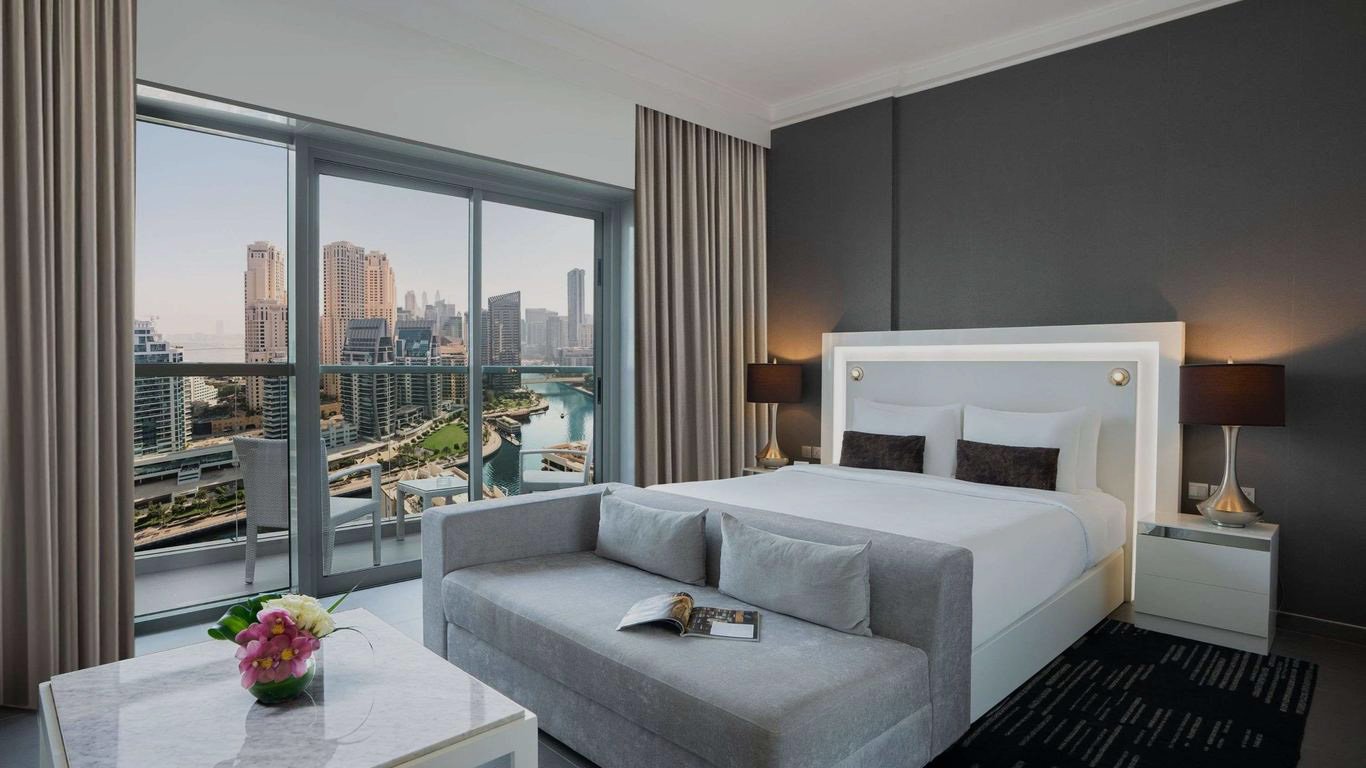Buying a home in Dubai is exciting, but it involves a number of steps and decisions. Here’s a friendly, clear guide to help you make smart choices.
1. Decide What Kind of Property You Want
-
Off‑plan / under construction: Buying something still being built often means lower prices and more flexible payment plans. But delivery can take time.
-
Ready homes / resale: If you want to move in right away or begin renting immediately, a ready property is better. It’s more costly up front, and includes additional existing costs (maintenance, possible renovations, etc.).
2. Choose the Right Area & Ownership Type
-
Freehold zones: These are areas where foreigners or expats have full ownership rights. This means you own the property and the land, and can sell, rent, or inherit it freely.
-
Leasehold / usufruct / long‑term lease: Other arrangements may give you the right to use the property for a certain number of years, but not full ownership of land permanently.
3. Understand Costs & Fees
Aside from the property price, there are several other costs to be ready for:
-
Transfer fees to the Dubai Land Department (DLD), often around 4% of the property price.
-
Mortgage/loan registration fees if you are financing.
-
Agent’s commission.
-
Property valuations (if financed) and appraisal fees.
-
Ongoing costs: maintenance, service charges in buildings or communities, utility connection etc.
4. Check Financing & Legal Eligibility
-
Do you need a mortgage? Banks will require proof of income, bank statements, visa/residency status, and sometimes minimum salary thresholds.
-
Pre‑approval: It’s wise to get a preliminary approval for finance before you fall in love with a property. That way you know what budget you have.
-
Legal requirements: Valid passport, visa/residency documents, proof of address, etc. A trusted real‑estate lawyer or agent helps avoid surprises.
5. Work with a Trustworthy Developer or Agent
-
If buying off‑plan, research the developer’s history: delivery record, quality of construction, customer reviews.
-
If buying resale, make sure the property is free of disputes, clear of maintenance dues, approved by developer, and that the seller has the right to sell.
-
Agents should be licensed (for example under RERA, the regulatory body in Dubai). Licensing helps with transparency.
6. Make Offer & Sign the Agreement
-
After finding a property you like, negotiate the price.
-
For resale: the agent or you will often draft a Memorandum of Understanding (MOU) or similar agreement that lays out the terms, payment schedule, responsibilities.
-
Deposit: Usually you pay a deposit to secure the property (often 5‑10% for resale, or something specified for off‑plan). Remaining payments depend on the contract.
7. Ownership Transfer, Title Deed & Registration
-
Once payments are in order, both buyer and seller (or developer) proceed to transfer ownership with the Dubai Land Department (DLD).
-
You’ll receive the Title Deed in your name. This is your legal proof of ownership.
8. Move In & Take Care of Ongoing Responsibilities
-
When you get the keys: set up utilities (electricity, water, internet, etc.), register any homeowners’ association or service charges, ensure building/community rules are understood.
-
Plan for maintenance, monthly or yearly service charges.
-
If you intend to rent out later, check local regulations and possible income implications.
9. Consider Residency & Visa Benefits
-
Some property investments may make you eligible for certain residency visas in the UAE (depending on value of property and other conditions).
-
Knowing this in advance helps in planning your long‑term stay.
Tips & Common Pitfalls
-
Compare mortgage offers: interest rates, processing fees, early repayment penalties.
-
Use a local lawyer or property expert so contracts are clear, especially clauses about handover, penalties, and what happens when things change.
-
Visit the property in person to check what you’re getting—location, quality, surrounding infrastructure.







Leave a Reply